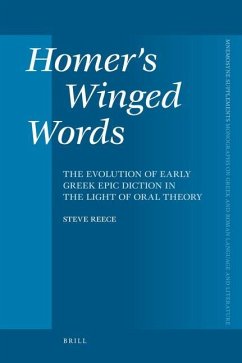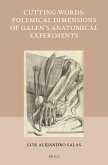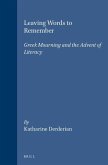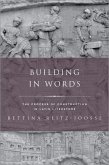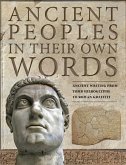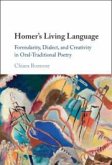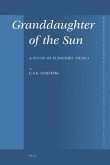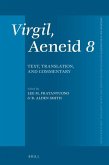For over 2500 years many of the most learned scholars of the Greek language have concerned themselves with the topic of etymology. The most productive source of difficult, even inexplicable, words was Homer s 28,000 verses of epic poetry. Steve Reece proposes an approach to elucidating the meanings of some of these difficult words that finds its inspiration primarily in Milman Parry s oral-formulaic theory. He proposes that during the long period of oral transmission acoustic uncertainties, especially regarding word boundaries, were continually occurring: a bard uttered one collocation of words, but his audience thought it heard another. The consequent resegmentation of words and phrases is the probable cause of some of the etymologically inexplicable words in our Homeric texts.
Hinweis: Dieser Artikel kann nur an eine deutsche Lieferadresse ausgeliefert werden.
Hinweis: Dieser Artikel kann nur an eine deutsche Lieferadresse ausgeliefert werden.

